On this day, 6 June, 75 years ago the Normandy landings took place. This was part of a major combined naval, air and land assault on German-occupied France by Allied forces, codenamed Operation ‘Overlord’. The D-Day landings saw around 150,000 Allied troops land on French soil but it was just the start of a much longer operation to liberate France. In this week’s blog post I have pulled together just a small selection of our digital library resources that will help you explore the Normandy landings, the events leading up to it and the aftermath. And you can use many of these to find out more about the many other events happening around this time that contributed to the end of the Second World War.
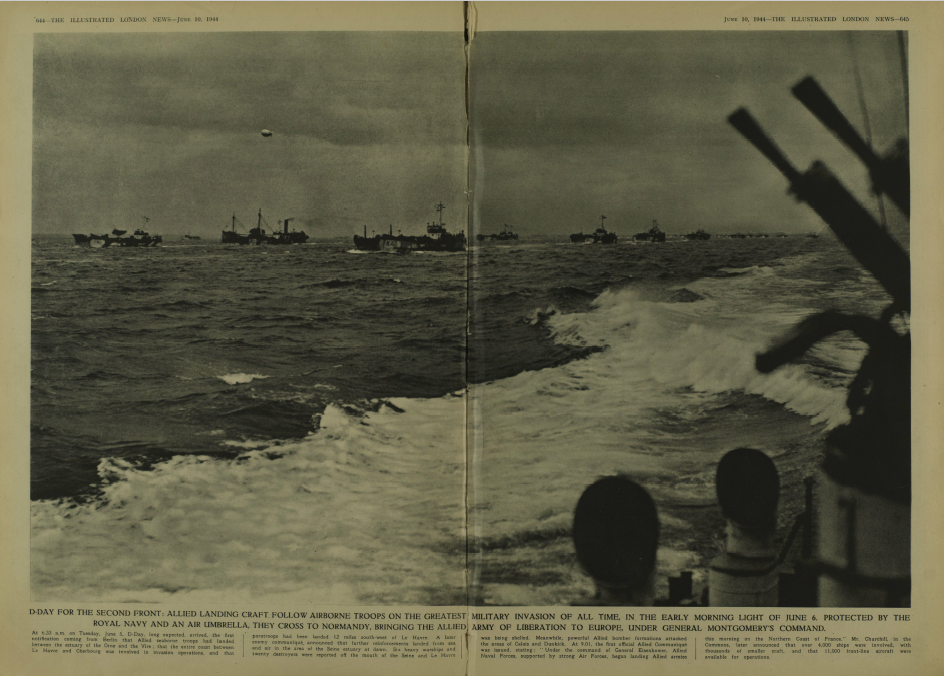
D-Day For the Second Front, ‘Illustrated London News’, Saturday 10 June 1944, pp. 644-645. From Illustrated London News Archive.
What did the papers say?
Operation Overlord was top secret, so it wasn’t until the 6th June that news of the invasion began to filter through. Reports of the Normandy landings does appear in some late editions of newspapers from that day but it is mostly covered in issues published the next day, 7th June, or on next subsequent publication date.
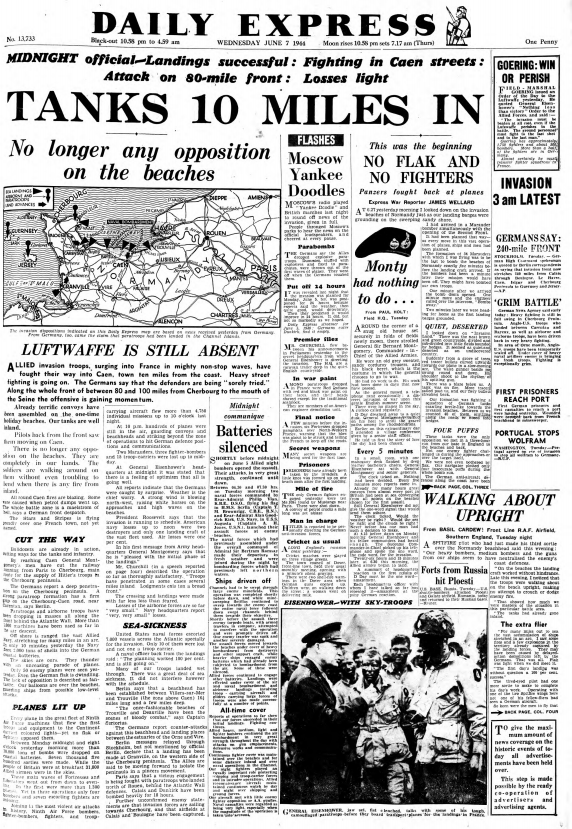
Front page of the ‘Daily Express’, Wednesday 7 June 1944. From UK Press Online.
The Library subscribes to a large number of digitised newspaper archives that will allow you to see what events were being reported on at the time and how they were being reported. Read full text articles, compare how different newspapers were covering the same issues and stories and track coverage of Operation Overlord from the Normandy landings onwards. Continue reading


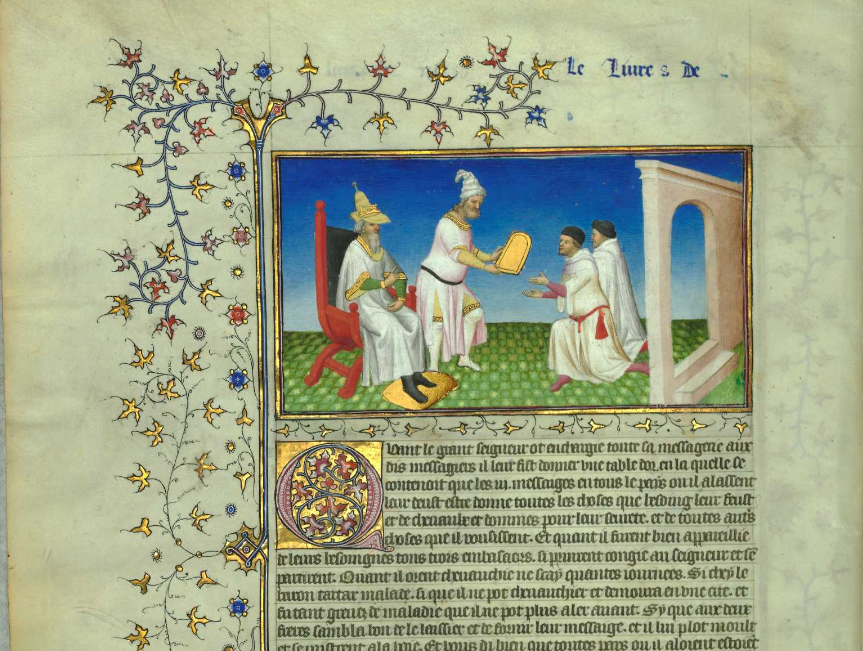

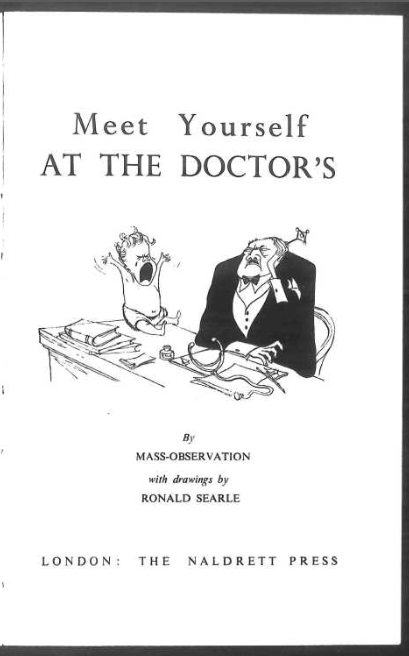
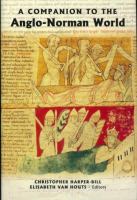 Ritual matters: material remains and ancient religion edited by Claudia Moser and Jennifer Knust (shelfmark: Folio BL808 Rit.)
Ritual matters: material remains and ancient religion edited by Claudia Moser and Jennifer Knust (shelfmark: Folio BL808 Rit.)


